Indian-origin student wins second place in Elie Wiesel ethics essay contest
Columbia University’s Kashish Kumar was honored for essay on environmental injustice and ethical advocacy.
.jpg) Kashish Kumar. / Columbia University
Kashish Kumar. / Columbia University
Kashish Kumar, an Indian-origin student at Columbia University, has been awarded second place in the 2024 Elie Wiesel Prize in Ethics Essay Contest, the Elie Wiesel Foundation for Humanity announced Aug.11.
Her essay, A Symphony in Silence, examines environmental injustices faced by marginalized communities in Taiwan and Texas’s Rio Grande Valley, drawing parallels between the two regions. She focuses on the ethical tension between silence and advocacy, highlighting how industrial pollution and agrochemicals harm vulnerable populations while systems suppress dissent. Using musical metaphors and her own experiences, Kumar argues that justice demands both active listening and sustained action.
In addition to her academic work, Kumar leads the Roots of Resilience project, a community initiative addressing health disparities among agricultural migrants along the US-Mexico border. The project investigates the impact of agrochemical exposure on chronic disease rates in these communities. Through outreach, advocacy, and a continuing documentary, Roots of Resilience aims to equip residents with the knowledge to mitigate health risks.
The Elie Wiesel Prize in Ethics Essay Contest, founded in 1989 by Nobel Peace Prize laureate and Holocaust survivor Elie Wiesel and his wife, Marion, invites U.S. undergraduates to write essays on ethical challenges. This year’s contest drew a record number of submissions.
“My parents not only believed in the power of moral education—they lived it,” said Elisha Wiesel, the couple’s son and the Foundation’s chairman. “Their classrooms extended beyond school walls and into everyday conversations, always encouraging curiosity, empathy, and critical thinking. That legacy continues through this contest, where we’re proud to not only amplify students’ voices but also celebrate their thoughtful, courageous work.”
The contest awarded $19,000 in scholarships to four winners. First place went to Jack David Carson of the Massachusetts Institute of Technology, while the third-place prize was awarded to an anonymous student from Duke University.
The Foundation, established shortly after Elie Wiesel received the Nobel Prize in 1986, continues to promote human rights and moral leadership through programs that address injustice. The prize remains one of its central initiatives to encourage ethical reflection among young people.
ADVERTISEMENT
ADVERTISEMENT
E Paper
Video




 Pranavi Sharma
Pranavi Sharma
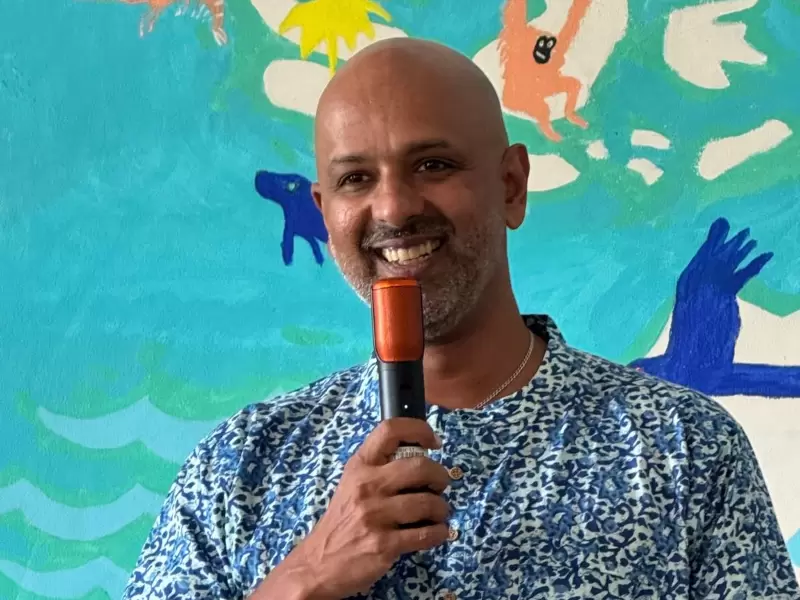
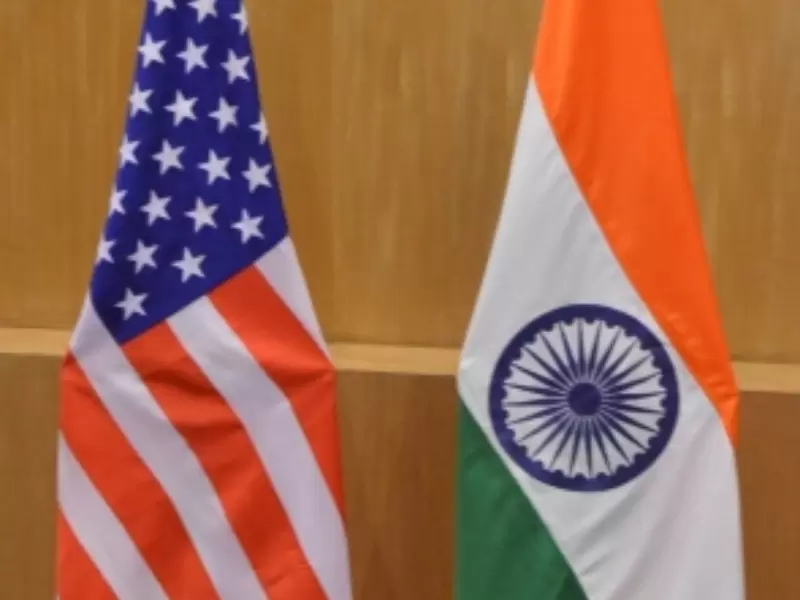
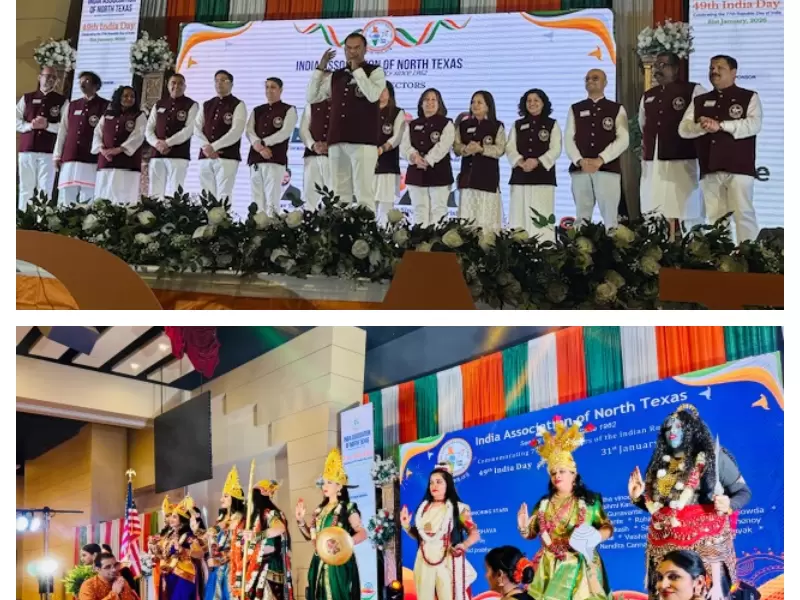

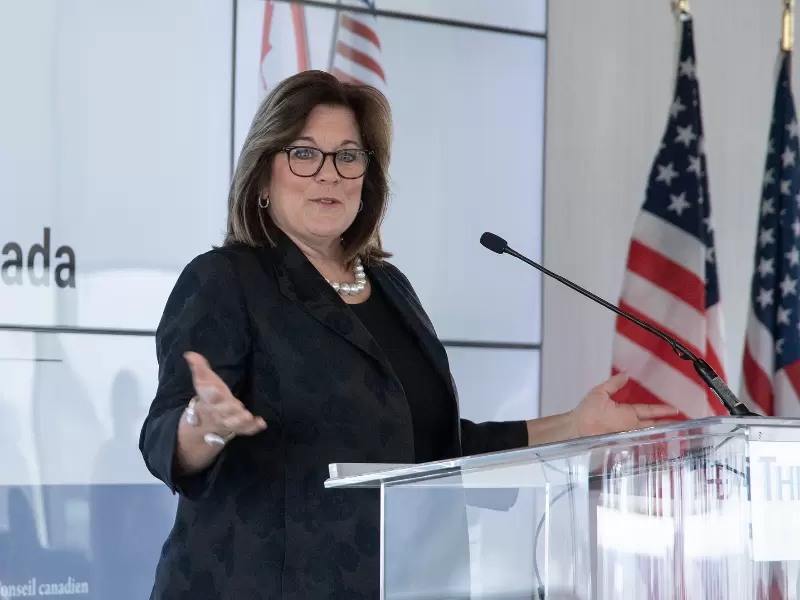
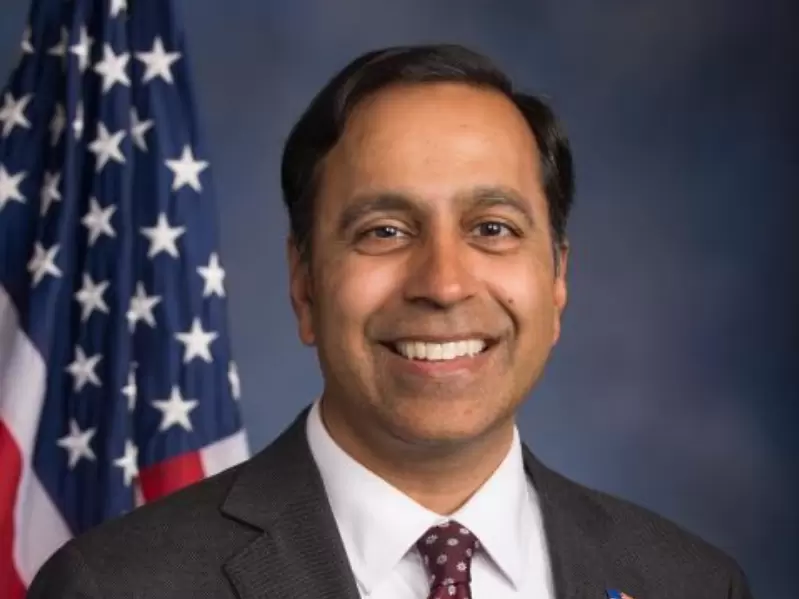


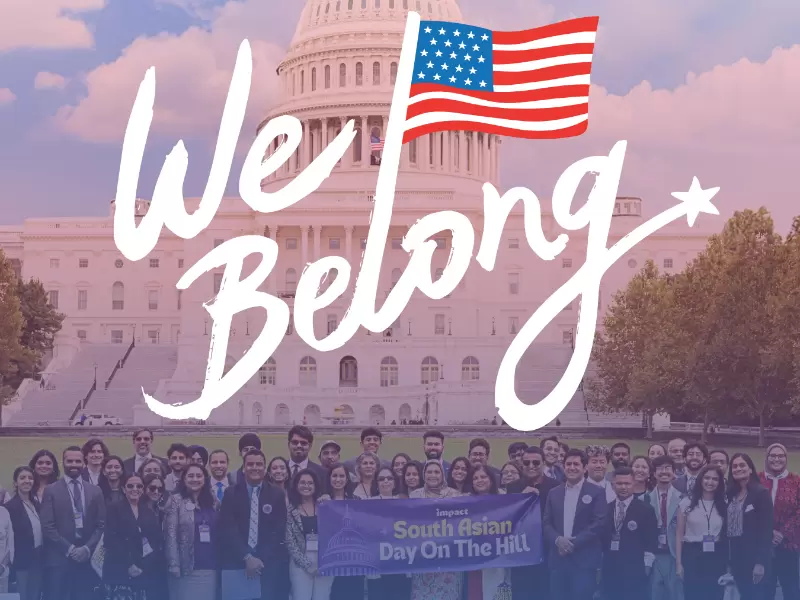




Comments
Start the conversation
Become a member of New India Abroad to start commenting.
Sign Up Now
Already have an account? Login